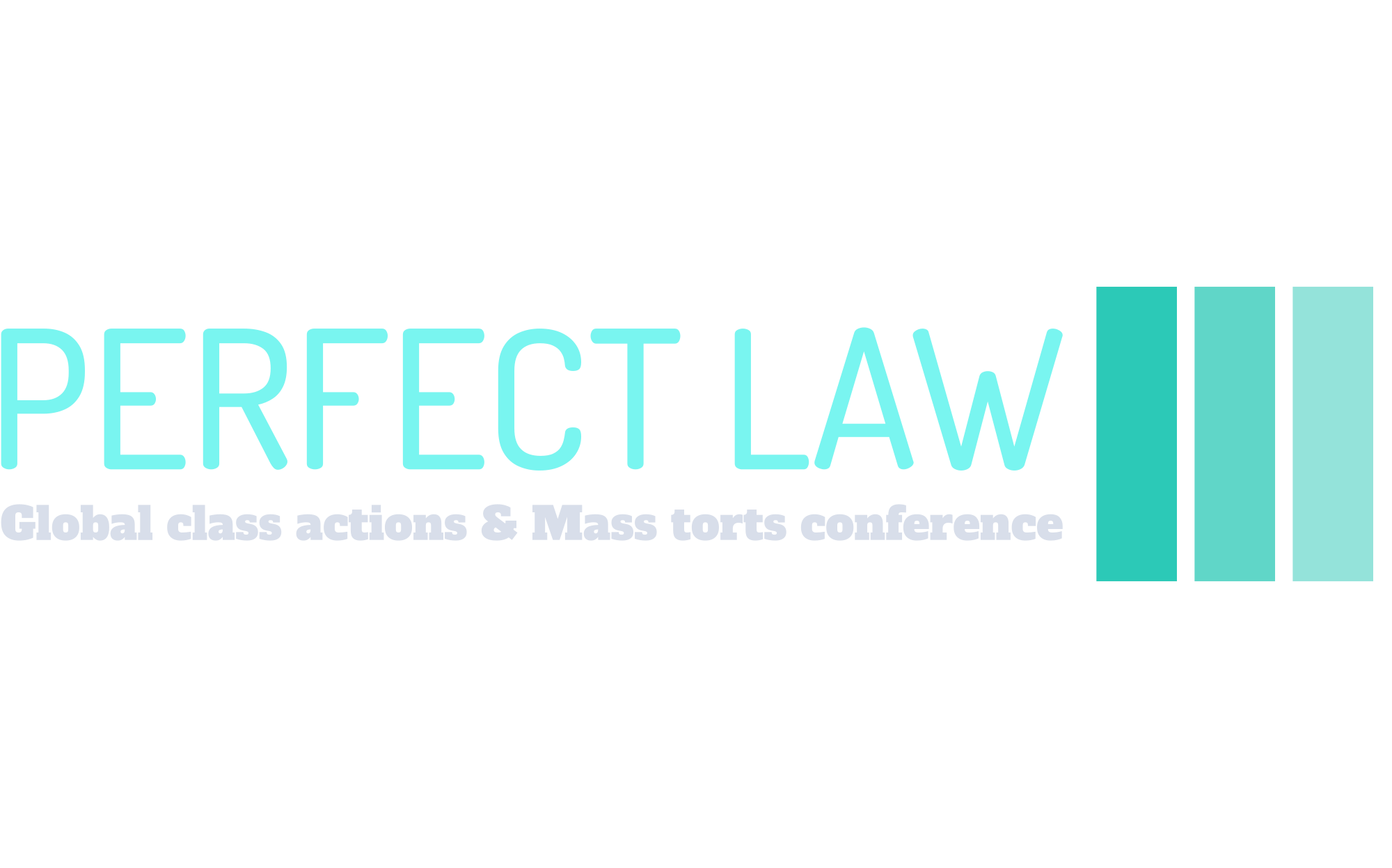On 30 March 2022, the District Court of Amsterdam (Court) issued two judgments concerning claims initiated by the Stichting Diesel Emission Justice (Foundation). One case is against the Volkswagen group (Volkswagen), the other against the Fiat Chrysler Automobiles group (FCA). The cases provide valuable insights regarding the jurisdiction of Dutch courts in WAMCA cases with claimholders and defendants from various countries. In particular, membership in the same group of companies under a Dutch holding company can be relevant for triggering the jurisdiction of Dutch courts under the anchor defendant doctrine.
In the Volkswagen case, the Foundation initiated WAMCA proceedings in the Netherlands against five manufacturers of the Volkswagen group – domiciled outside the Netherlands – and a large number of car dealers with domicile in the Netherlands. In assessing its international jurisdiction, the Court first noted that part of the claims is filed in the interest of Dutch purchasers against dealers and importers that are based in the Netherlands. These claims do not have an international nature, thereby giving the Dutch court jurisdiction. The Court continues by stating that these Netherlands-based defendants can serve as anchor defendants under Article 8(1) Brussels Ibis[1] with regard to the claims of Dutch purchasers against manufacturers that are domiciled outside the Netherlands. There is a sufficiently close connection between these claims to establish the jurisdiction of Dutch courts for claims against non-Dutch manufacturers. This connection, however, is lacking for the claims of consumers that bought a vehicle in another country; since the respective dealers are based outside the Netherlands, they cannot serve as anchor defendants triggering the jurisdiction of Dutch courts under on Article 8(1) Brussels Ibis. Jurisdiction can also not be established for these claims based on Article 7(2) Brussels Ibis, because the place of the act (Handlungsort) and the place where the damage occurred (Erfolgsort) are not located in the Netherlands. Finally, none of the car manufacturers are established in the Netherlands, so the Dutch courts cannot derive international jurisdiction from Article 4(1) of Brussels Ibis. In short, buyers who bought their car from a dealer outside the Netherlands cannot sue manufacturers based outside the Netherlands.
In the FCA case, however, the Court reaches a different conclusion. The important difference is that the top holding company of the FCA group (now called Stellantis) – unlike the Volkswagen group – has its registered head office in the Netherlands. The Court again starts its analysis by finding jurisdiction for claims of Netherlands-based claimholders against Netherlands-based defendants, including Stellantis, based on national law.[2] Next, with respect to claims of foreign-based claimholders against Netherlands-based defendants, the international jurisdiction of the Dutch courts is established based on Article 4(1) Brussels Ibis. The Court then goes on to accept Stellantis, the top holding company of the FCA group, as anchor defendant with respect to the claims of persons who bought their car outside the Netherlands against non-Dutch subsidiaries of the FCA group (FCA Italy and the Alfa Romeo Group – both domiciled in Italy – and FCA U.S. – domiciled in the U.S.). Whereas the Court had denied international jurisdiction for these types of claims in the Volkswagen case, it accepts international jurisdiction here under the anchor defendant doctrine. The court states explicitly that the claims are sufficiently closely related based on, among other things, the fact that the parent company of the FCA group was based in the Netherlands.[3] The Court held that it was thus not unforeseeable for the FCA subsidiaries to be sued in the Netherlands, given that strategic decisions relevant to their business were taken there.
All in all, the cases demonstrate that in WAMCA cases with claimholders and defendants from various jurisdictions, the courts have to carefully assess their jurisdiction with respect to the different types of claims that are being brought. Importantly, having a top holding company in the Netherlands increases the risk that subsidiaries outside of the Netherlands can be drawn into the jurisdiction of Dutch courts.
Anton Burri[4] and Adrianus van Heusden[5]
[1] REGULATION (EU) No 1215/2012 OF THE EUROPEAN PARLIAMENT AND OF THE COUNCIL of 12 December 2012 on jurisdiction and the recognition and enforcement of judgments in civil and commercial matters (recast) (Brussels Ibis).
[2] Article 2 Dutch Code of Civil Procedure (DCCP).
[3] For the Italy-based companies, jurisdiction was based on Article 8(1) Brussels Ibis; for the U.S.-based company, jurisdiction was based on Article 7(1) Dutch Code of Civil Procedure.
[4] Faculty of Law, University of Lucerne, Switzerland.
[5] Rotterdam Institute of Law and Economics, Erasmus University Rotterdam, The Netherlands.
Foto Credit: MrAronymous






